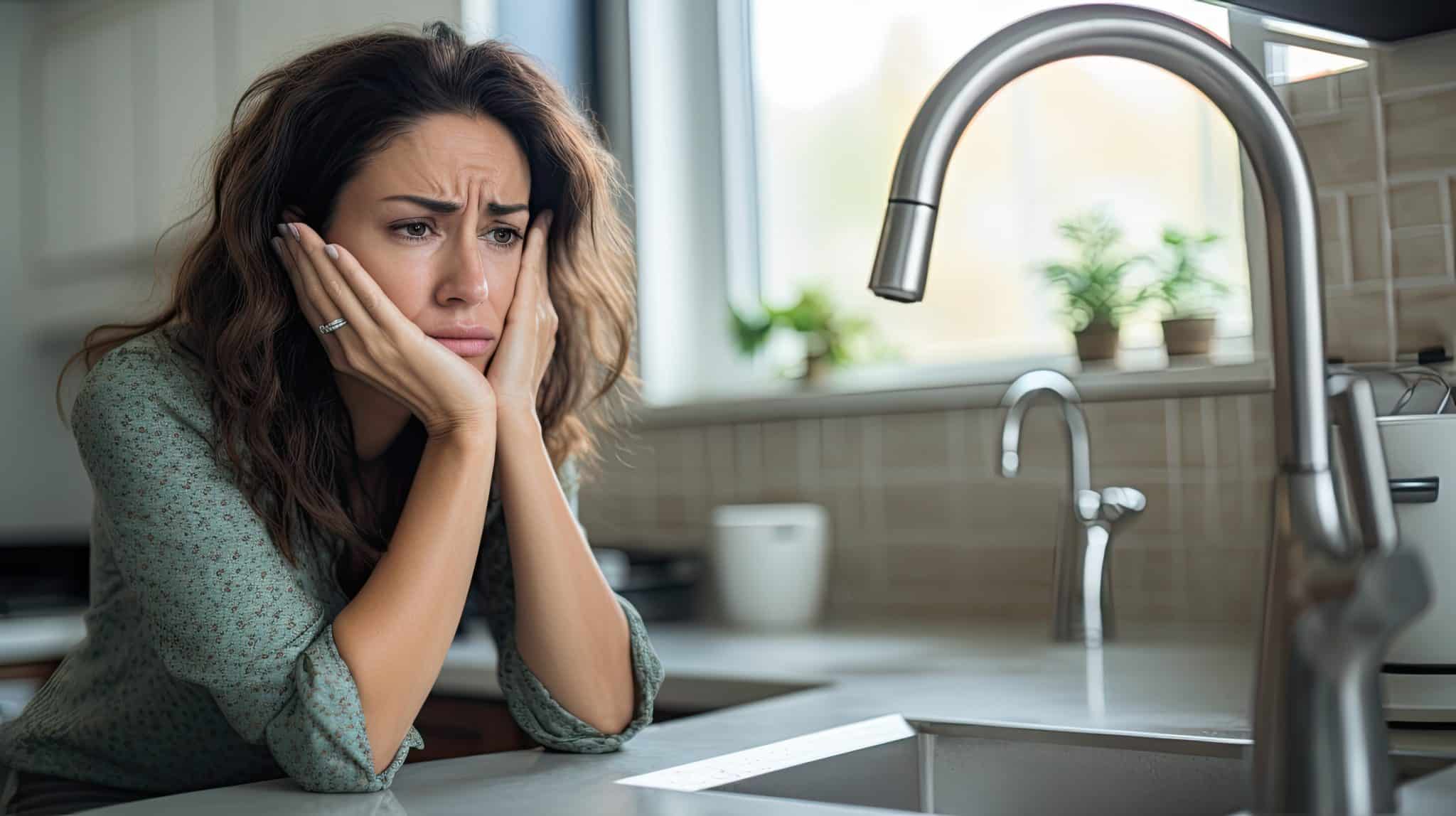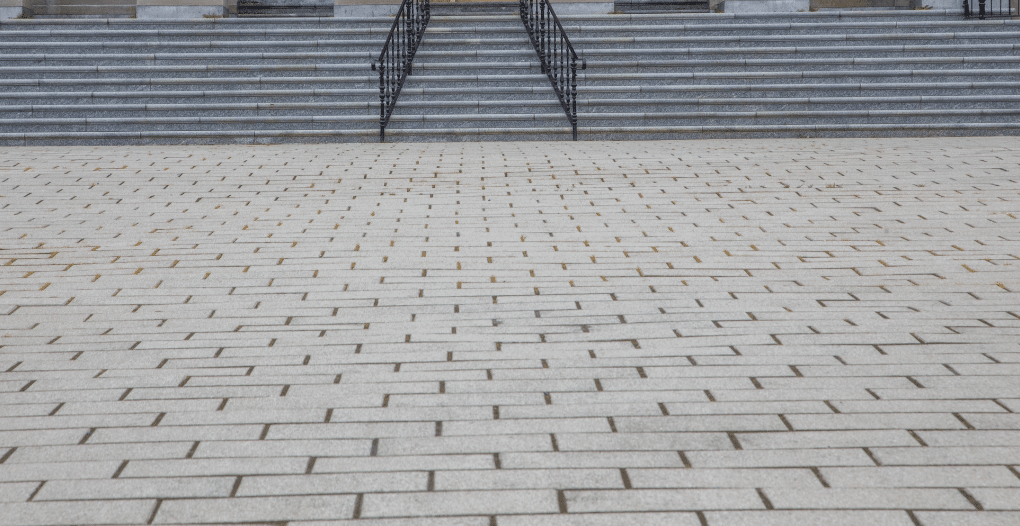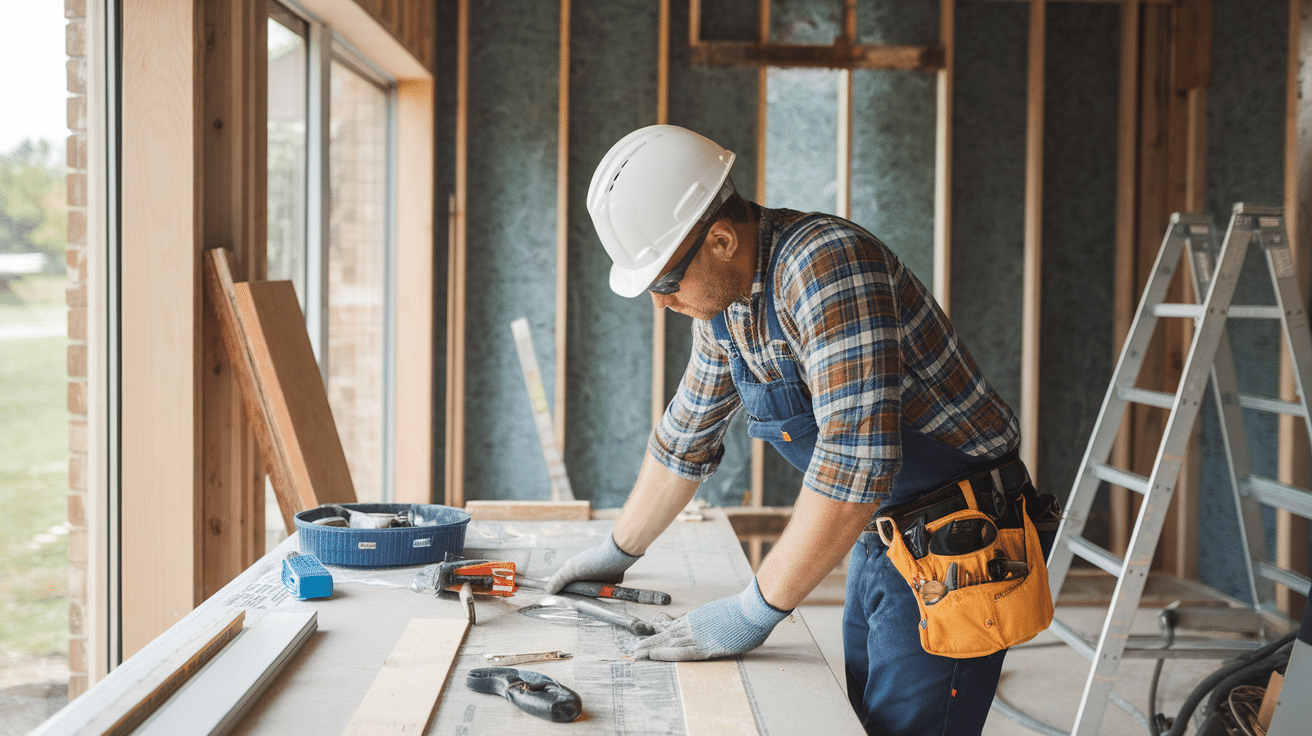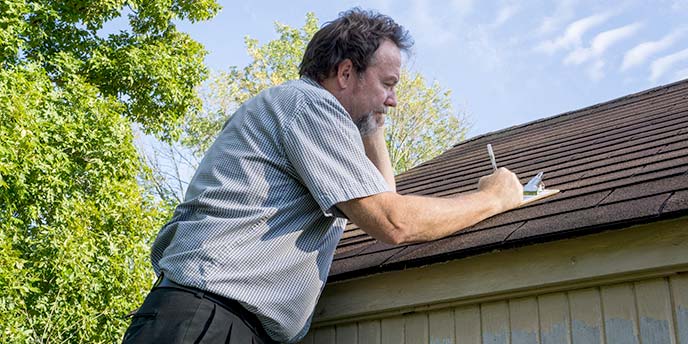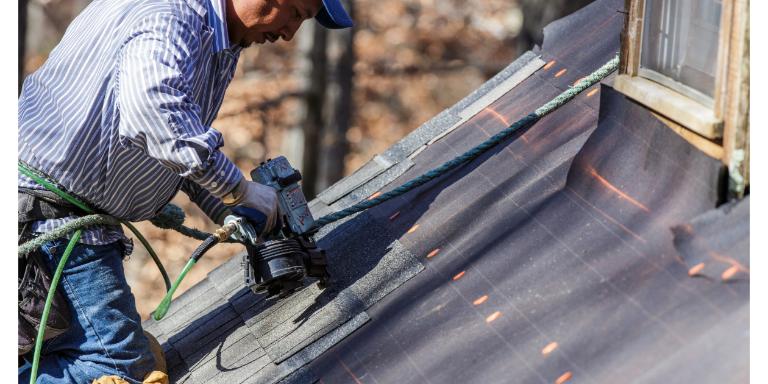When To Call A Plumber: 15 Red Flags To Watch For
Frustrating drips, overflowing toilets, and weak water pressure are plumbing problems that can quickly turn an ordinary day upside down. While tackling some issues yourself can be empowering, knowing when to call in a professional is crucial.
This guide will help you identify the critical red flags that signal it’s time to call a plumber. By recognizing these warning signs, you can prevent minor problems from escalating into costly repairs and potential water damage.
1. Low Water Pressure
Experiencing low water pressure in your faucets can be more than a minor inconvenience. If water is only trickling out rather than flowing normally, this could indicate several potential problems, such as blockages in the pipes, a significant leak, or issues with the main water supply line. It might be tempting to ignore or work around this problem, but low water pressure can be a symptom of a more significant issue that needs professional plumbing services to prevent further complications.
2. No Hot Water
When you turn on the tap expecting hot water but get none, it’s usually a sign that something is wrong with your water heater. The problem could range from a broken heating element to a faulty thermostat or even a complete unit failure. Water heaters can be complex and potentially dangerous to repair on your own, so it’s best to call a plumber to diagnose and fix the issue safely and effectively.
3. Slow Draining
If you notice that your sinks, bathtubs, or showers are slow to drain, it typically means there’s a clog in your pipes. While minor clogs can sometimes be cleared with a plunger or drain cleaner, persistent or repeated slow drainage is a clear indication that there’s a deeper blockage or buildup that requires professional tools and expertise to remove. Ignoring this can lead to more severe blockages and potential water damage.
4. Frequent Clogs
Occasional clogs in toilets or drains are typical, but if you find yourself dealing with clogs regularly, there’s likely a more significant issue at play. Frequent clogs suggest that there is an obstruction in your plumbing system that simple fixes won’t resolve. A professional plumber can inspect your pipes to identify and remove the blockage, ensuring your plumbing works smoothly.
5. Foul Odors
Unpleasant smells coming from your drains or around your home can be a sign of a serious sewer problem. Sewer gases can be hazardous to your health, and the underlying issues causing the smell, such as a blockage or a break in the sewer line, require immediate attention. A plumber can locate the source of the odor and make the necessary repairs to keep your home safe and smelling fresh.
6. Water Stains and Dampness
Water stains on your ceilings, walls, or floors, or unexplained dampness in certain areas, are telltale signs of hidden leaks. These leaks can cause significant structural damage over time, not to mention the potential for mold growth, which can be harmful to your health. Detecting and fixing these leaks promptly with the help of a professional plumber can save you from expensive repairs and health hazards.
7. Increase in Water Bills
If you notice a sudden increase in your water bill without any corresponding increase in water usage, it’s a strong indication that there’s a leak somewhere in your plumbing system. Leaks can waste a significant amount of water, leading to higher costs. A plumber can locate and repair the leak, helping you conserve water and reduce your bill.
8. Running Toilet
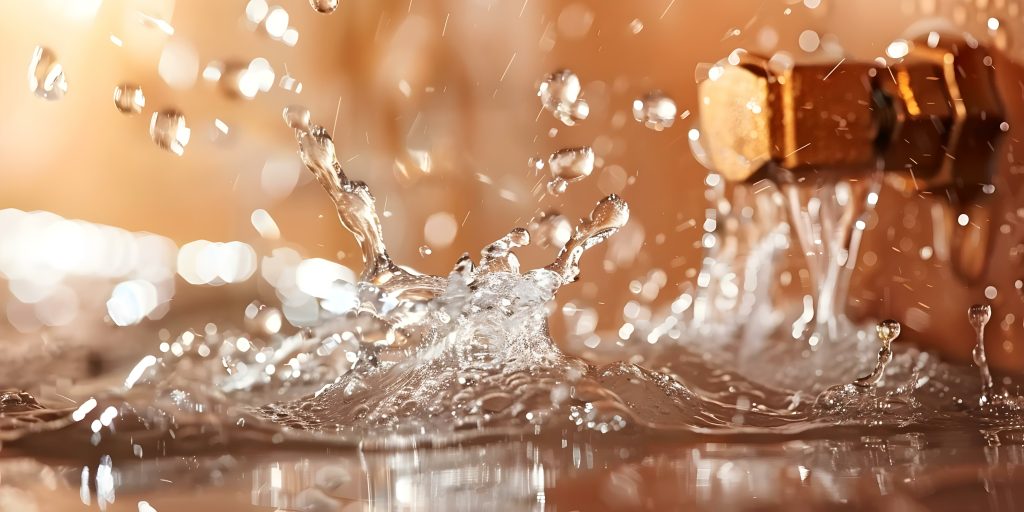
A toilet that keeps running long after you’ve flushed it is not only annoying but also wasteful. This issue is usually caused by problems with the toilet’s internal components, such as a faulty flapper or fill valve. While you can temporarily fix it, a plumber can provide a long-term solution by correctly diagnosing and repairing or replacing the defective parts.
9. Discolored Water
Water that appears brown or yellow when you turn on the tap can be a sign of rust in your pipes. Rusty water is not only unappealing but can also indicate that your pipes are corroding and may need to be replaced. Drinking or using rusty water can be harmful, so it’s important to have a plumber assess and resolve the issue promptly to ensure your water remains safe.
10. Banging or Gurgling Noises
Strange noises like banging, clanking, or gurgling coming from your pipes can indicate a variety of problems, including air trapped in the lines, blockages, or common plumbing issues with water pressure. These noises are often a sign that something is not functioning correctly within your plumbing system. A plumber can diagnose the cause of these sounds and make the necessary repairs to ensure your plumbing operates quietly and efficiently.
11. Backflow Issues
Backflow occurs when dirty water reverses direction and enters your clean water supply, which can happen due to a sudden change in water pressure. This can pose serious health risks as it contaminates the water you use daily. If you notice any signs of backflow, such as discolored water or a foul smell, it’s crucial to call a plumber immediately to address the issue and install a backflow prevention device.
12. Frozen Pipes
In colder climates, frozen pipes can potentially burst, causing significant water damage. If you notice that your water flow has stopped during a cold snap, your pipes have likely frozen. Calling a plumber quickly can help thaw the pipes safely and prevent them from bursting, saving you from extensive repairs and water damage.
13. Visible Rust or Corrosion
If you see visible signs of rust or corrosion on your pipes, it indicates that they are deteriorating and may soon fail. Corroded pipes can lead to leaks, water damage, and poor water quality. A plumber can assess the extent of the corrosion and recommend whether repair or replacement is necessary to ensure the integrity of your plumbing system.
14. Soggy Yard
A soggy or unusually wet area in your yard, especially when it hasn’t rained recently, can indicate a leak in your underground water or sewer lines. This can lead to significant water loss and potential damage to your property. A plumber can use specialized equipment to locate and repair the underground leak, preventing further damage and wasted water.
15. Water Heater Leaks
If you notice water pooling around your water heater or signs of leakage, it’s a red flag that something is wrong. Leaks can result from a variety of issues, including a faulty pressure relief valve, a leaking tank, or corrosion. Addressing this promptly with the help of a plumber can prevent water damage and ensure your water heater operates efficiently.
Conclusion
Recognizing the warning signs your plumbing throws your way is the key to keeping your home’s water system running smoothly. Don’t be fooled by the seemingly simple fixes – a persistent leak can lead to major water damage, and a stubborn clog can escalate into a system-wide issue.
By following the tips in this guide, you’ll be equipped to identify when to call in a professional and when you can tackle the problem yourself.

